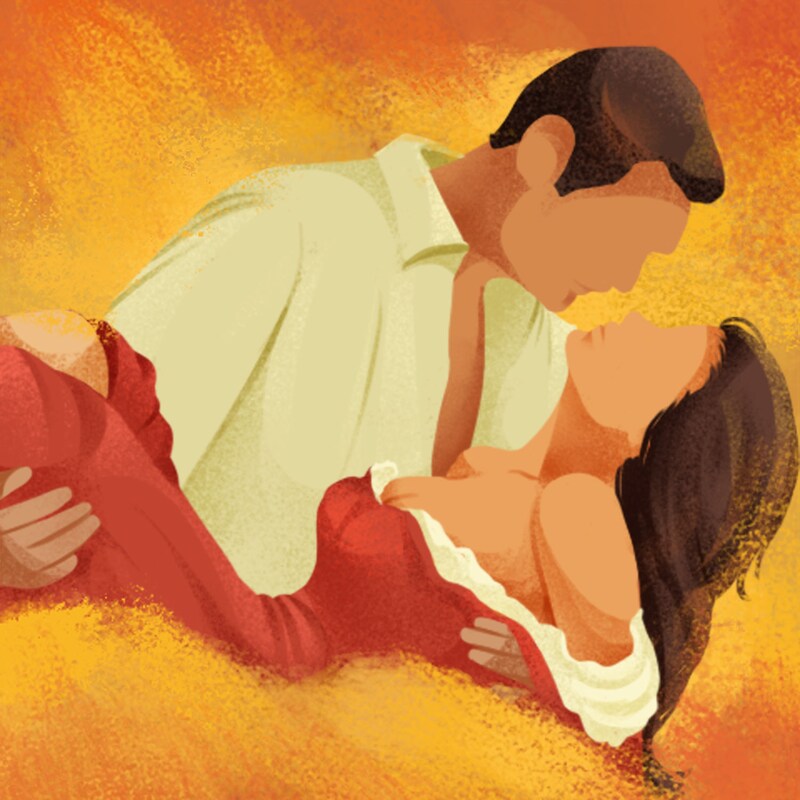Gone With The Wind
Gone With The Wind Full Book Introduction
The novel uses the American Civil War as a backdrop and the life of protagonist Scarlett O’Hara as its main plot to depict the war’s impact on Southern plantation owners, as well as the process of post-war reconstruction. In so doing, it paints the portrait of a resilient and intelligent female character who is unafraid to subvert unjust norms, and who always looks earnestly to the future without clinging to the past. Not only does it depict the classic love story between Scarlett O’Hara and Rhett Butler, but it also vividly portrays the profound changes in the politics, economy, ethics and everyday life that were unfolding in America’s Confederate South at the time.
Author : Margaret Mitchell
Margaret Mitchell, an illustrious American classic female writer, was born into a family of lawyers in Atlantic City, Georgia. She studied at various institutions, including Washington Seminary and Smith College in Massachusetts, and eventually earned the title of Doctor of Literature. She worked as a journalist at The Atlanta Journal, a job she quit after getting married to focus on writing. Then, after ten long years of work, she completed her classic novel, Gone with the Wind, the only masterpiece in her life, which secured her place amongst the greats in the history of literature forevermore.
Overview | Chapter 1
Hi, welcome to Bookey. Today we unlock the novel “Gone with the Wind”.
The novel’s author, Margaret Mitchell, was born in Atlantic City, Georgia in the southern United States. As a youth, she frequently overheard her father discussing the Civil War in the South with others, and as a result, she developed a keen interest in history. Thereafter, she devoted herself to studying the history of the Civil War, as well as what social life in the South, especially Georgia, was like during the Reconstruction era that followed. After she married, persuaded by her husband, she used her grandmother, Annie Fitzgerald Stephens, as inspiration to create the classic literary female character Scarlett O’Hara as the heroine in her masterpiece Gone with the Wind. It was a phenomenon. In the year following its publication in 1936, the novel won the Pulitzer Prize as well as the National Book Award, and millions of copies have been sold. Shortly after winning the awards, the novel was adapted for the big screen and ultimately won a total of 10 Oscar Awards, becoming a movie classic in its own right.
Originally, the author titled the book Tomorrow is Another Day, a phrase that summed up the life philosophy of its protagonist, Scarlett. In the process of double-checking the book’s historical facts and plotlines, Mitchell decided to change the book’s title to Gone with the Wind, after being enchanted by a line from the poem Cynara by American poet Ernest Dowson which reads “I have been faithful to thee, Cynara! In my fashion, I have forgot much, Cynara! Gone with the wind.” Mitchell likened the war to a hurricane that swept across the South. Amidst this hurricane, the lives of the Southern nobility were irrevocably altered, and the book portrayed the challenging transition from slavery to capitalism in the region.
The novel’s portrayal of women as resilient, independent and willing to tirelessly fight for better lives for themselves and their families makes this novel a timeless classic. Upon its publication, the US was recovering from the Great Depression, a period of hardship that President Franklin Roosevelt’s New Deal was unable to alleviate. As a result, the unrelenting spirit exemplified by Scarlett served as a great source of motivation for the public. At the same time, the feminist ideals embodied by Scarlett, a modern woman who dared to go against the patriarchal norms and pursue a life for herself, were also perfectly aligned with the feminist wave that was gaining momentum at the time.
Scarlett became the feminine representation of bravery, intelligence and independence. Even in the movies, Scarlett’s character comes across as indomitable, to the extent that people might feel that her life was not so difficult after all. However, if you take a close look at the novel, its intricate descriptions will present you with a more nuanced and realistic character portrayal.
Now, we will discuss this book for you in three parts, during which we will thoroughly explore the character of Scarlett as well as gain a deeper understanding of the social challenges that existed during those tumultuous times.
In Part One, using the timeline of the war as a basis, we will recount to you the major upheavals in the lives of Scarlett and those around her, as well as look at the relationship entanglements between her, Rhett Butler and Ashley Wilkes;
In Part Two, we will analyze the key aspects of Scarlett’s character, investigate how she embodies feminist ideals, as well as discuss the root cause of her tragic love affair with Rhett;
In Part Three, we will take you on a journey through the antebellum South and see how their traditional lifestyles went “gone with the wind”, and how the author perceived all these changes.



